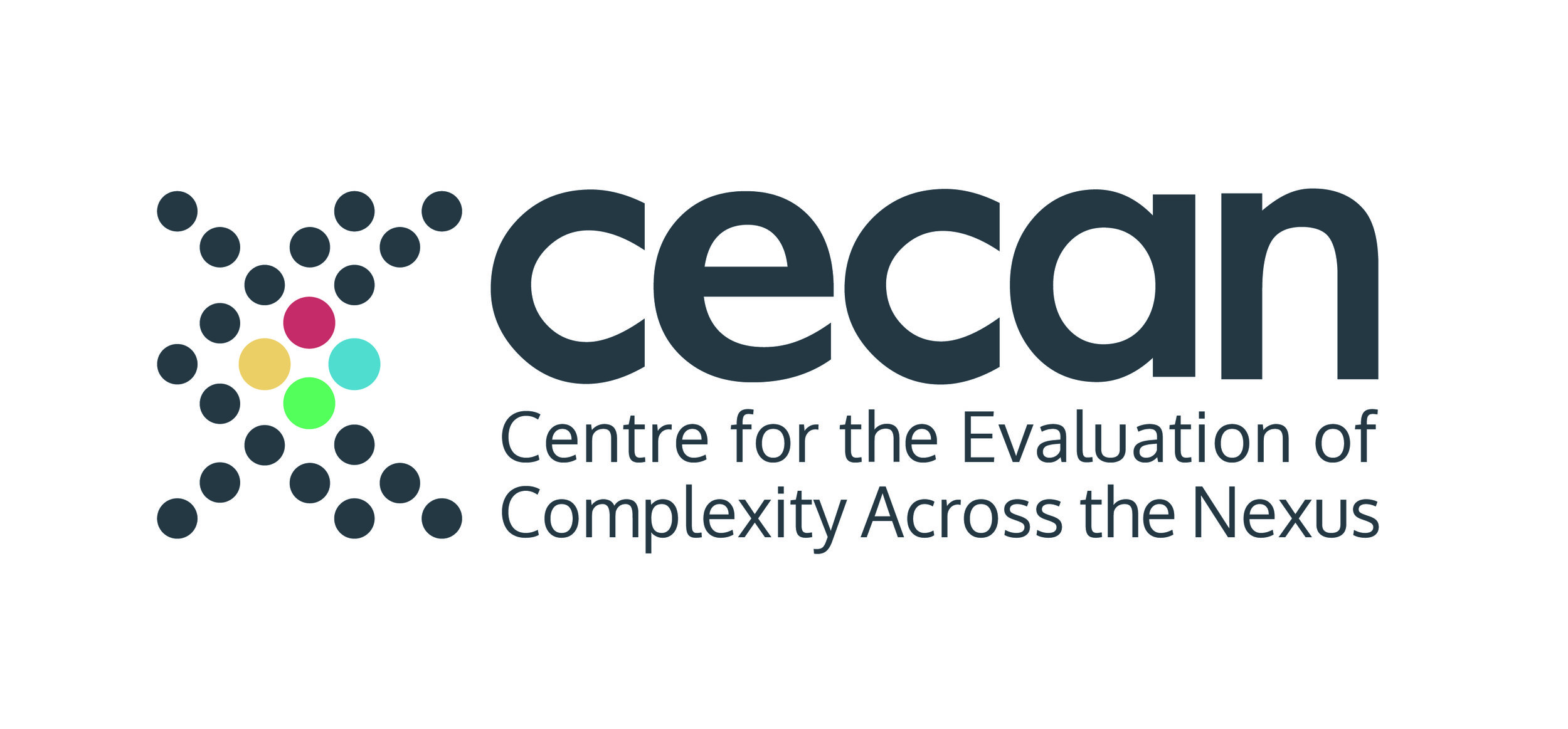CEP TO LEAD FOUR SENSE-MAKING WORKSHOPS AS PART OF OUR ROLE AS SECRETARIAT FOR THE EU FORESIGHT SYSTEM FOR THE DETECTION OF EMERGING ENVIRONMENTAL ISSUES (FORENV)
In our role of providing the secretariat for the EU Commission’s new EU Foresight System for the detection of emerging environmental issues (FORENV), CEP will be moderating four sense-making workshops. The workshops will be held between the 29th January and 5th February 2020 in Copenhagen (Denmark), Ispra (Italy), and in Brussels (Belgium), and will bring together approximately 40 experts from the Commission, EU Member States, research institutions and the third sector.
The workshops are being organised as part of the second annual cycle of FORENV, which is running from September 2019 – September 2020, and is focusing on the topic ‘Emerging innovations in the Green economy of the future’. Across the workshops almost 200 ‘weak signals’ of change related to this topic will be discussed, clustered and prioritised. Each session will be run in a participatory way to engage and draw on the knowledge of participants. CEP have led the organisation of the workshops and will be moderating them with support from our partners Cranfield University, Milieu Ltd and representatives of the European Commission.
Drawing on the workshop outcomes, up to 10 priority emerging issues will be proposed for further consideration in the next steps of the FORENV system.
For further information please contact Owen White (Technical Director) or Paula Orr (Technical Director).




